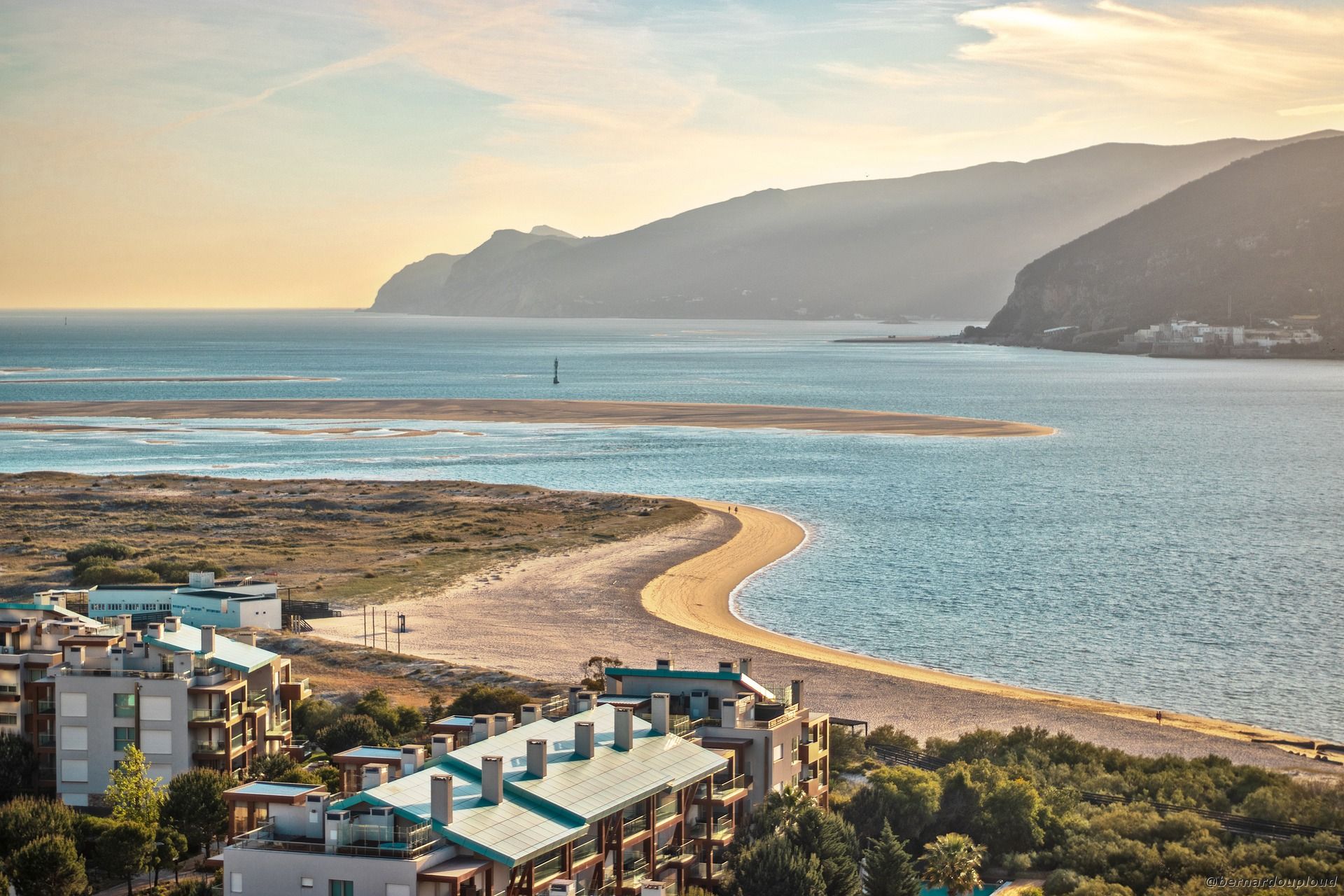MOST RECENT ARTICLE
PassportWhy Portugal is the best destination to retire at your 60s Your Application Made Easy. Invest and relax: let us do the work! We provide you complete application support package, a combination of talent, experience and software that dramaticatically.. Lorem ipsum dolor sit amet, consectetur adipiscing elit. Etiam rutrum sit amet sapien eget mollis. Sed tristique nisl vel gravida tincidunt. Integer hendrerit nec nunc sed pellentesque. Pellentesque ex turpis, sagittis a risus in, pharetra accumsan mi. Aliquam mollis elementum mi. Fusce ac eros id nibh luctus lacinia non congue. Lorem ipsum dolor sit amet, consectetur adipiscing elit. Etiam rutrum sit amet sapien eget mollis. Sed tristique nisl vel gravida tincidunt. Integer hendrerit nec nunc sed pellentesque. Pellentesque ex turpis, sagittis a risus in, pharetra accumsan mi. Aliquam mollis elementum mi. Fusce ac eros id nibh luctus lacinia non congue. Lorem ipsum dolor sit amet, consectetur adipiscing elit. Etiam rutrum sit amet sapien eget mollis. Sed tristique nisl vel gravida tincidunt. Integer hendrerit nec nunc sed pellentesque. Pellentesque ex turpis, sagittis a risus in, pharetra accumsan mi. Aliquam mollis elementum mi. Fusce ac eros id nibh luctus lacinia non congue. Lorem ipsum dolor sit amet, consectetur adipiscing elit. Etiam rutrum sit amet sapien eget mollis. Sed tristique nisl vel gravida tincidunt. Integer hendrerit nec nunc sed pellentesque. Pellentesque ex turpis, sagittis a risus in, pharetra accumsan mi. Aliquam mollis elementum mi. Fusce ac eros id nibh luctus lacinia non congue.2 MIN READ
19 Sep 2024





